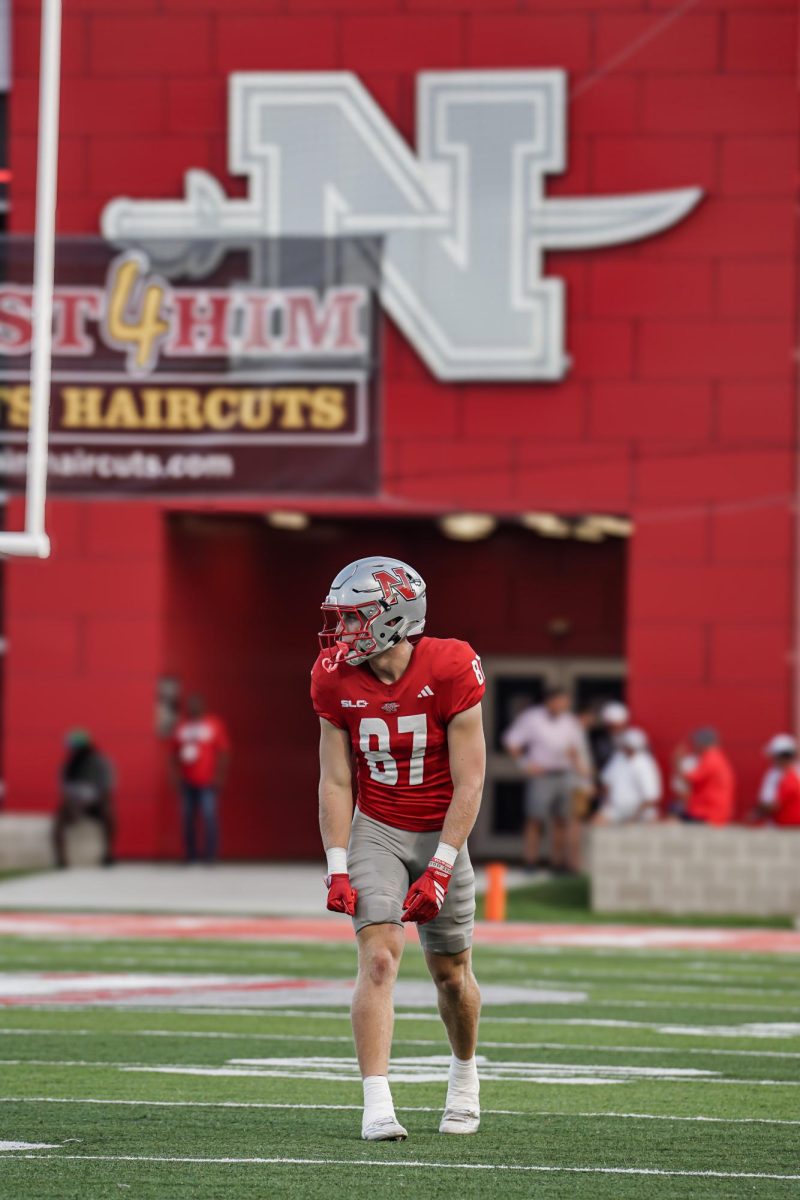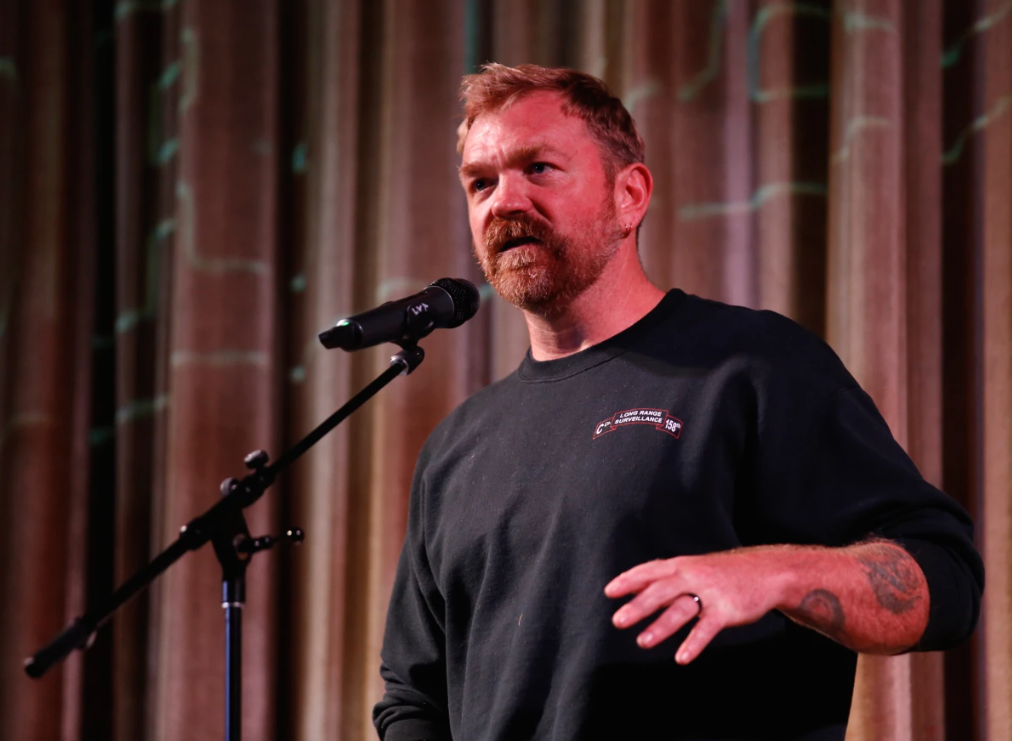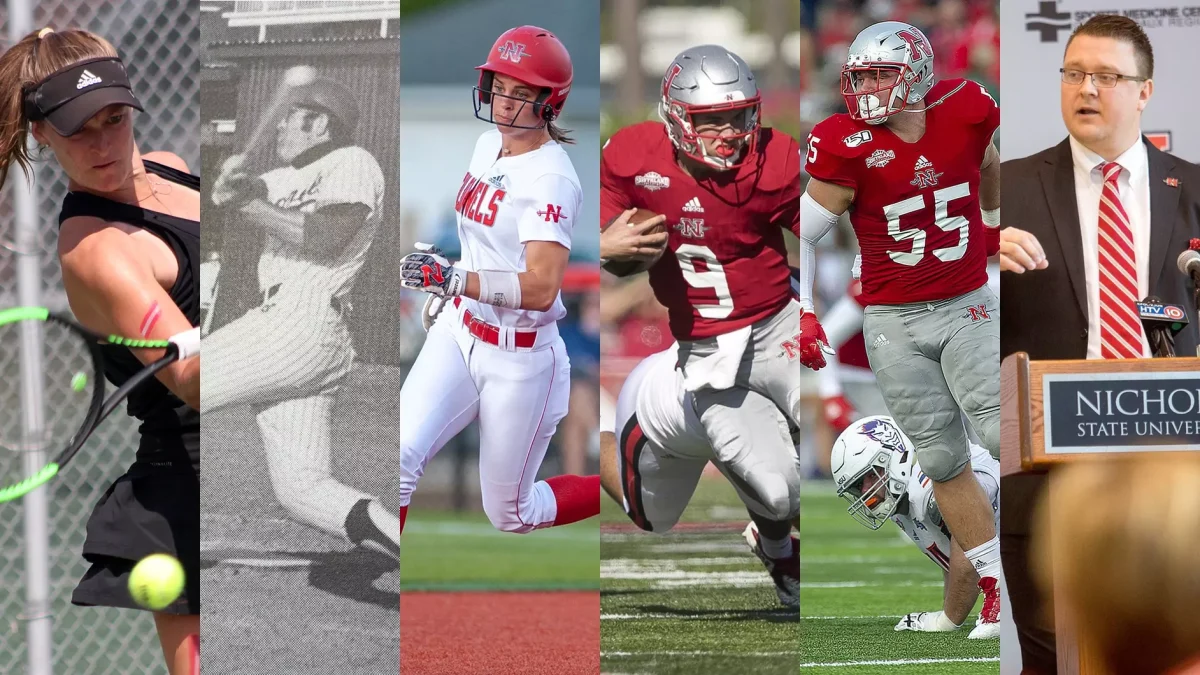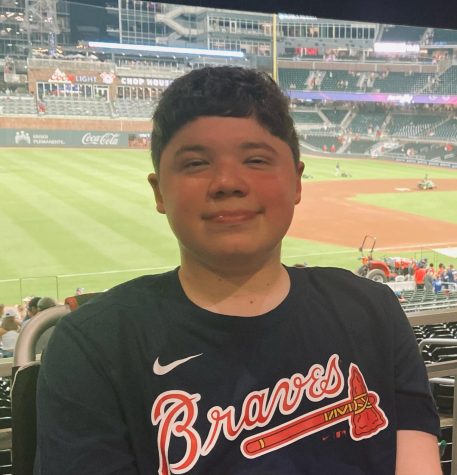Twenty years ago, the residents of New Orleans were reeling with the loss of life, property and culture in the wake of the brutal impact of Hurricane Katrina.
Homes and streets were filled with debris-ridden water, and heartbreaking footage broadcast to the world as it looked in awe. However, those watching could not begin to experience what happened to the people affected.
With hundreds of thousands of people displaced, it was up to volunteers to give the victims of this grave disaster some chance of normalcy. Nicholls State University did its best to answer the call.
Weeks after the storm hit, Nicholls welcomed more than 900 evacuees to its three shelters in Ayo Hall and Stopher and Shaver Gymnasiums. The university also enrolled more than 200 students from New Orleans area universities.
Nicholls set up systems for the necessities that the residents of these shelters had. They provided them with laundry and food services, phone calls and internet connection. They also met emotional needs such as entertainment and religious services.
To get this information out to residents, the Nicholls mass communications department put together a newsletter called “The Word” with the slogan, “Serving the newest members of our community.”
The newsletter also brought residents news of government response from The Associated Press, stories about residents performing heroic acts in the aftermath of the storm and columns about ways to reduce stress in an impossible situation.
The newsletter lasted only two weeks as Hurricane Rita barreled toward the Louisiana and Texas coasts, forcing students and faculty to evacuate. Evacuees were moved into a consolidated shelter.
Although the newsletter lasted a short time, the stories in it detailed a great service that fellow Louisianians extended to their hurting brothers and sisters.
This deed is something we must all remember as hurricane season continues. A storm can wreak havoc on any part of the Louisiana coast, as it did for the Cajun Bayou region in 2021. As Ida left a trail of destruction through Lafourche and the surrounding parishes, we remember.
In times of disaster, it is important to remember–help others as we would want to be helped.









